This Saturday, July 20th, marks the 50th anniversary of mankind’s first steps on the Moon. As a kid, I loved everything about the space program since I’d already been a long-time fan of Flash Gordon. I knew that we were making our way toward a future of space travel and countless new adventures beyond our tiny blue planet.
Neil Armstrong’s first step was certainly historical, and what seemed the beginning of our species’ new era, but it was more about the experience of connection felt by every face that looked outward that night. So excited, I ran out into my backyard to stare up at the Moon, feeling lucky that the night was clear and I might somehow see them.
The world was watching alright, but the world was feeling as well. It didn’t require an explanation of what to feel or what to think or how to react to this incomprehensible moment.
People just knew.
It placed us all on this planet, for that experience, and it reverberated through every single soul. Humans had just stepped onto another body in space. From the moment the Lunar Excursion Module set down on the Sea of Tranquility life itself had changed.
Feeling that human edge was palpable. Even with all of our research, technology, training, and vision, it still came down to two guys in a vehicle. Armstrong and Aldrin were pilots first, astronauts next. They were there to fly. All their training came together in the last terrifying seconds of the landing.
The landing sequence was broadcast while the entire world held its breath, not realizing that Neil and Buzz risked utter failure in those last moments. You can actually hear it on the audio recording. At about 60 feet above the surface, while calling out speed, distance, and drop rate, Buzz Aldrin states, “Light’s on!” The warning light signified that they were losing precious fuel for the return flight. In order to make it back to the Command Module safely, they would have to abort the landing. They were already past the limit.
And yet, Armstrong kept going.
With an Old World sense of dogged determination and dedication, their hearts racing (Armstrong’s recorded at about 150 bpm), they pushed beyond their own safety at four-forward speed, drifted up over a boulder and swiftly set down in a brief flurry of moon dust.
Neil Armstrong would later recall that the landing itself was “far and away the most complex part of the flight.”
We’ll be going back. As a species, our curiosity and thirst for knowledge springs from our need to explore. We are forever seeking to understand the reality that surrounds us. We consistently reach, and we will find a way.
In July of 1969 we had come together as a collective of information, experience, and willpower. It was an important moment for me as a kid. I realized that we are all descended from the same point of reference, from the same kind of life. As Joni Mitchell wrote, ‘we are billion year old carbon.’
We are all, stardust.
For those interested in the entire sequence: https://www.firstmenonthemoon.com


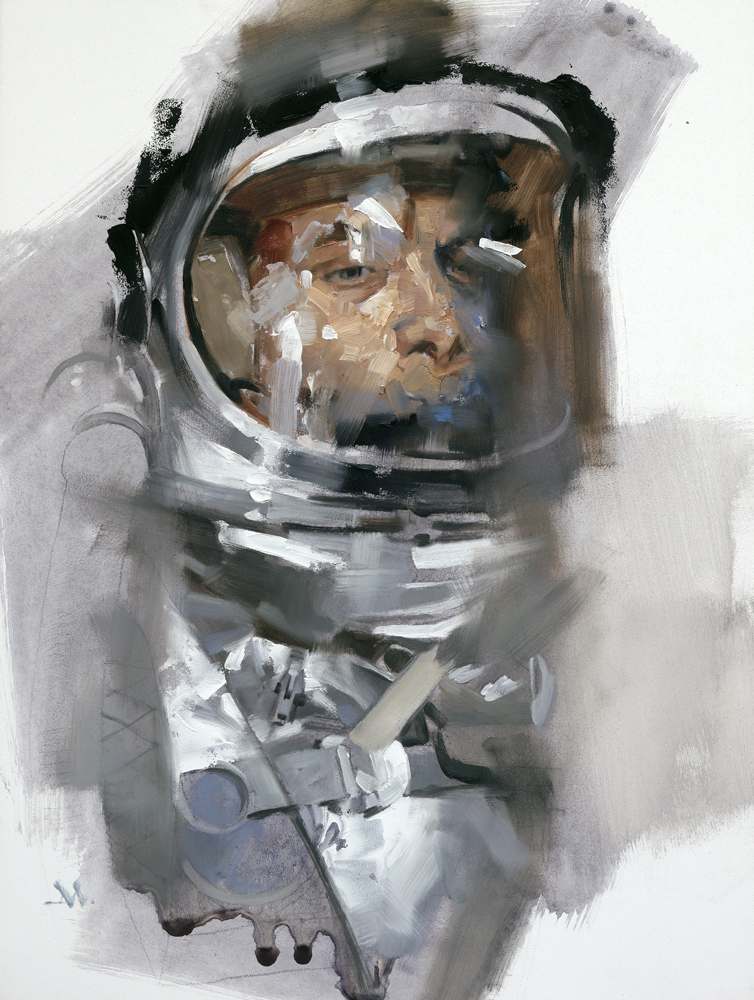
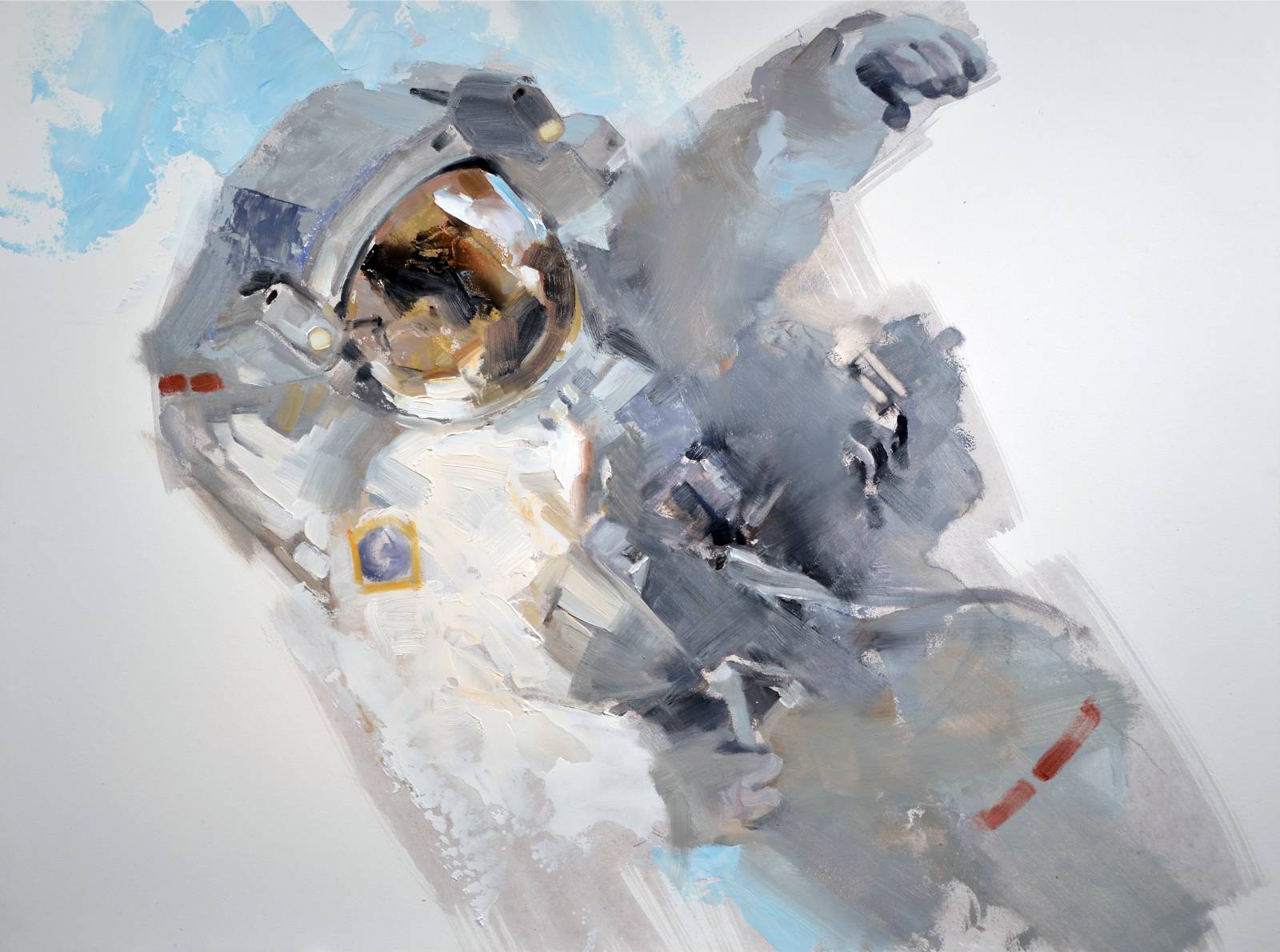

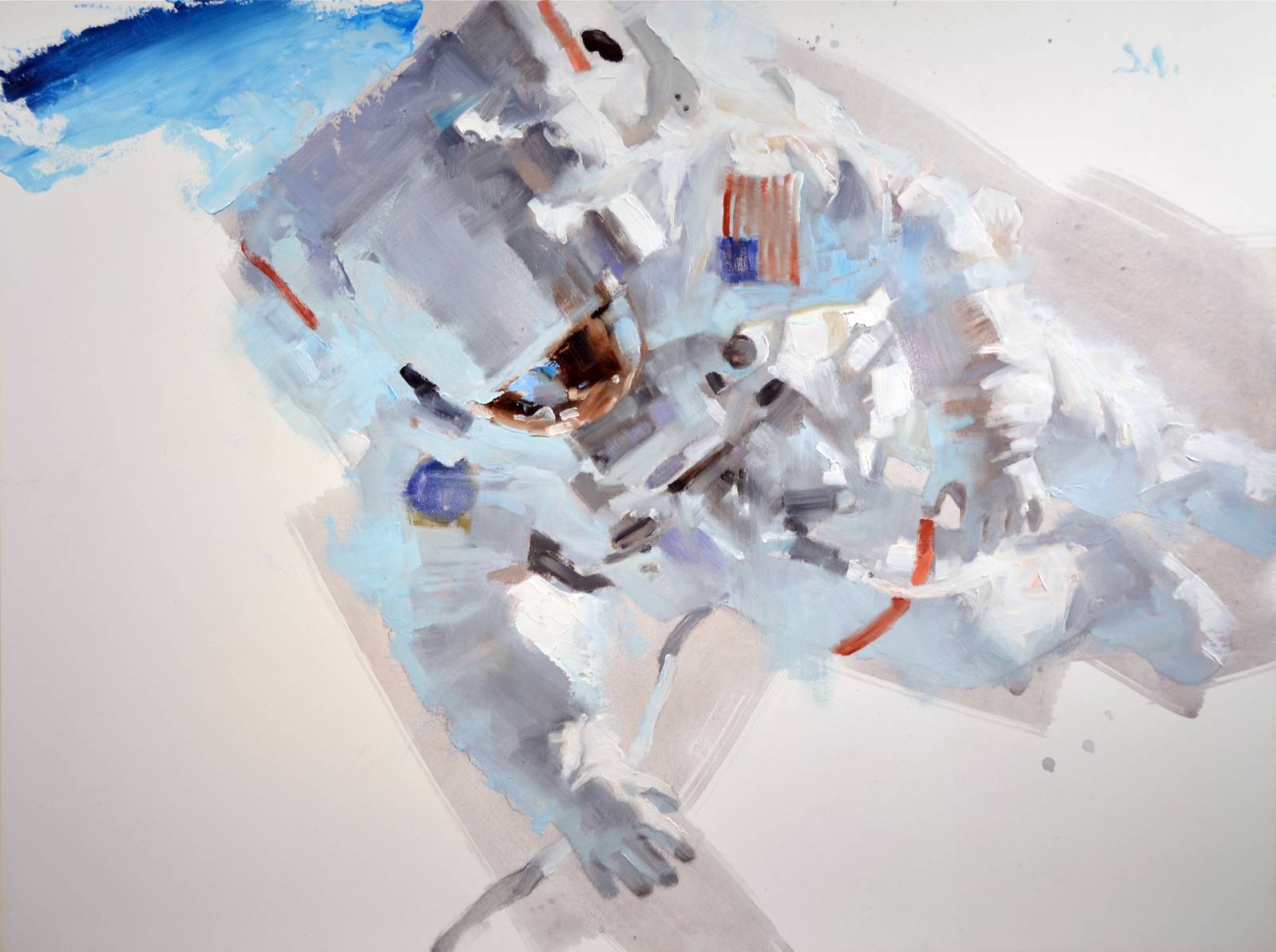

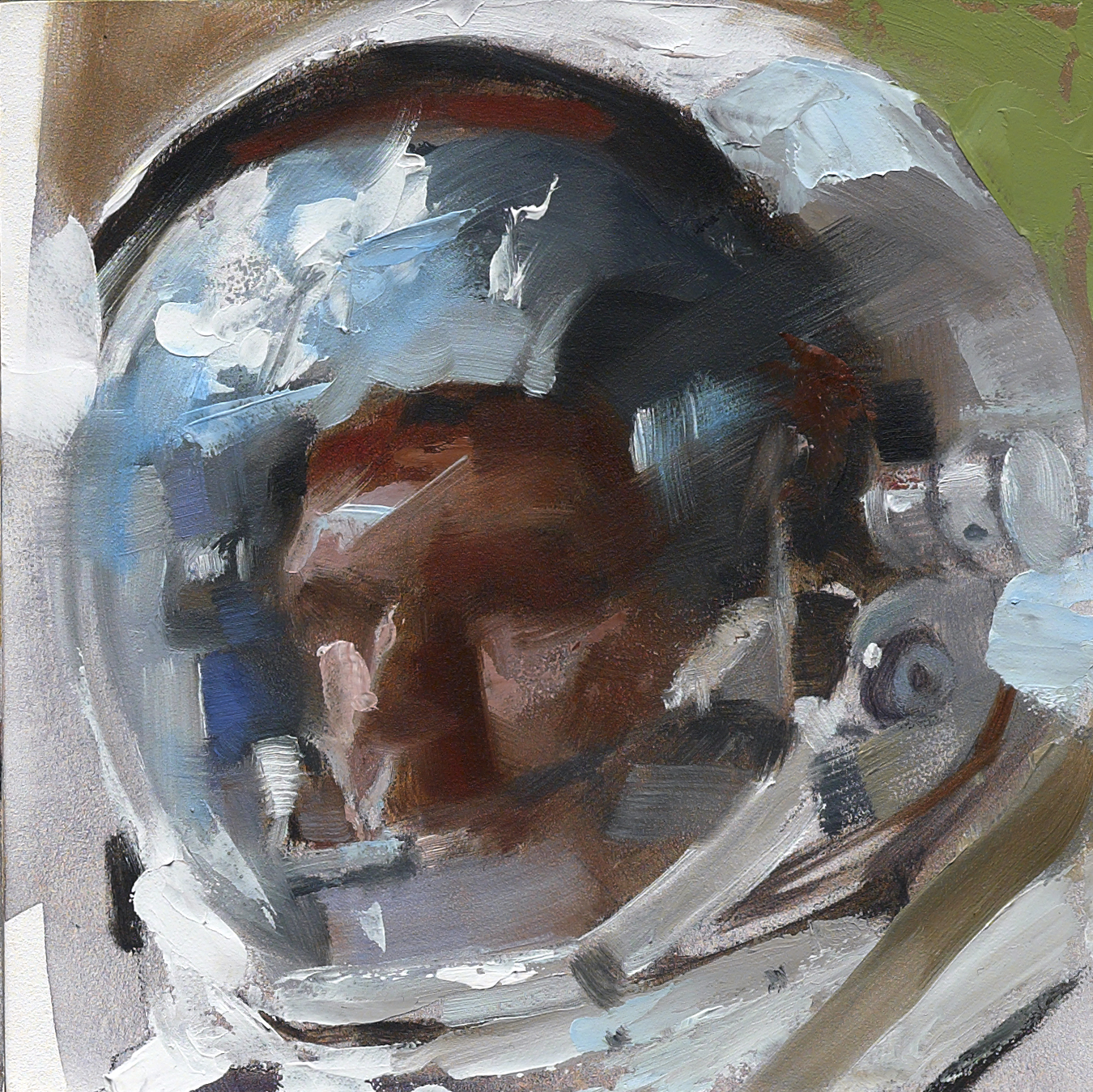
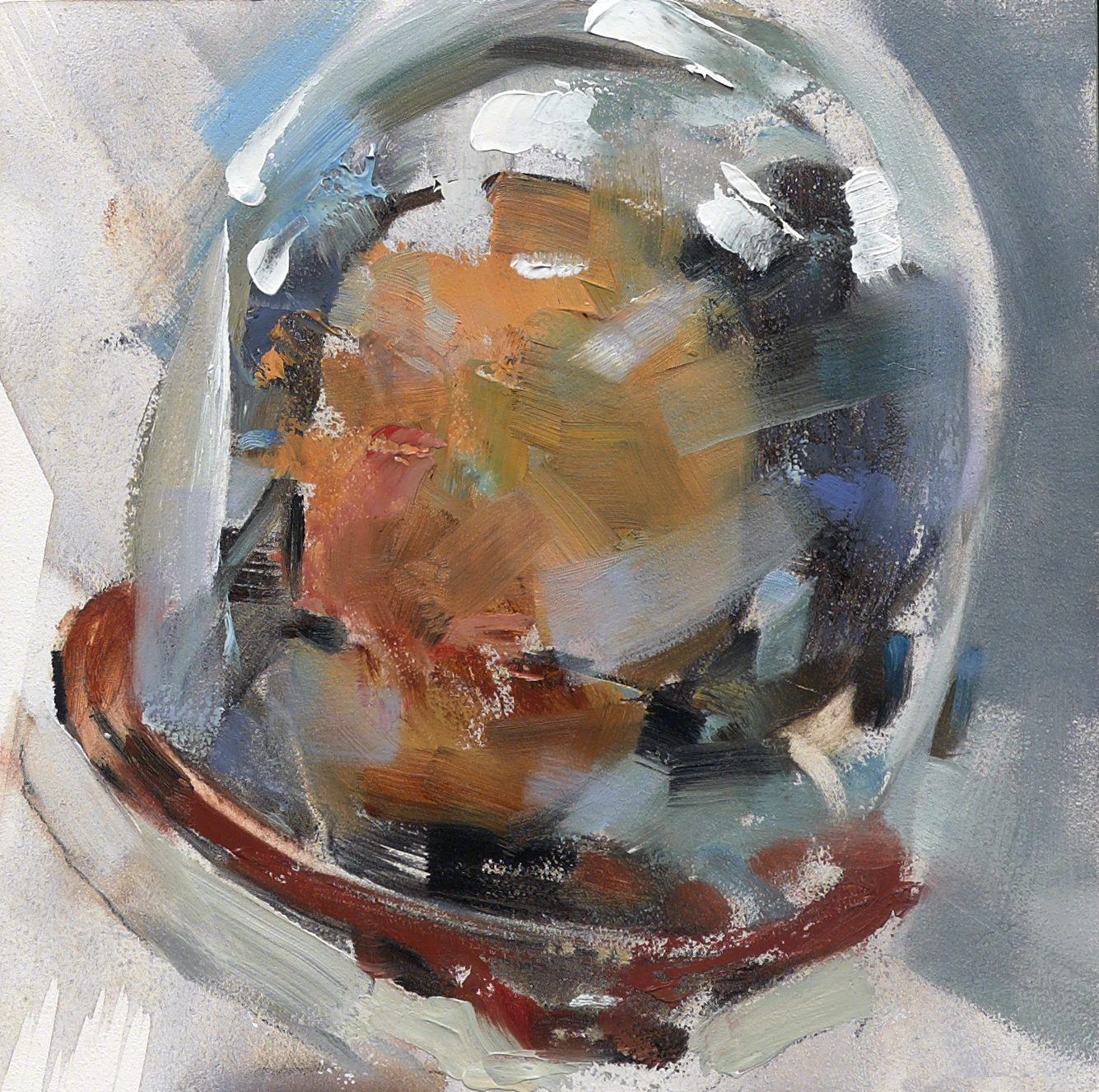

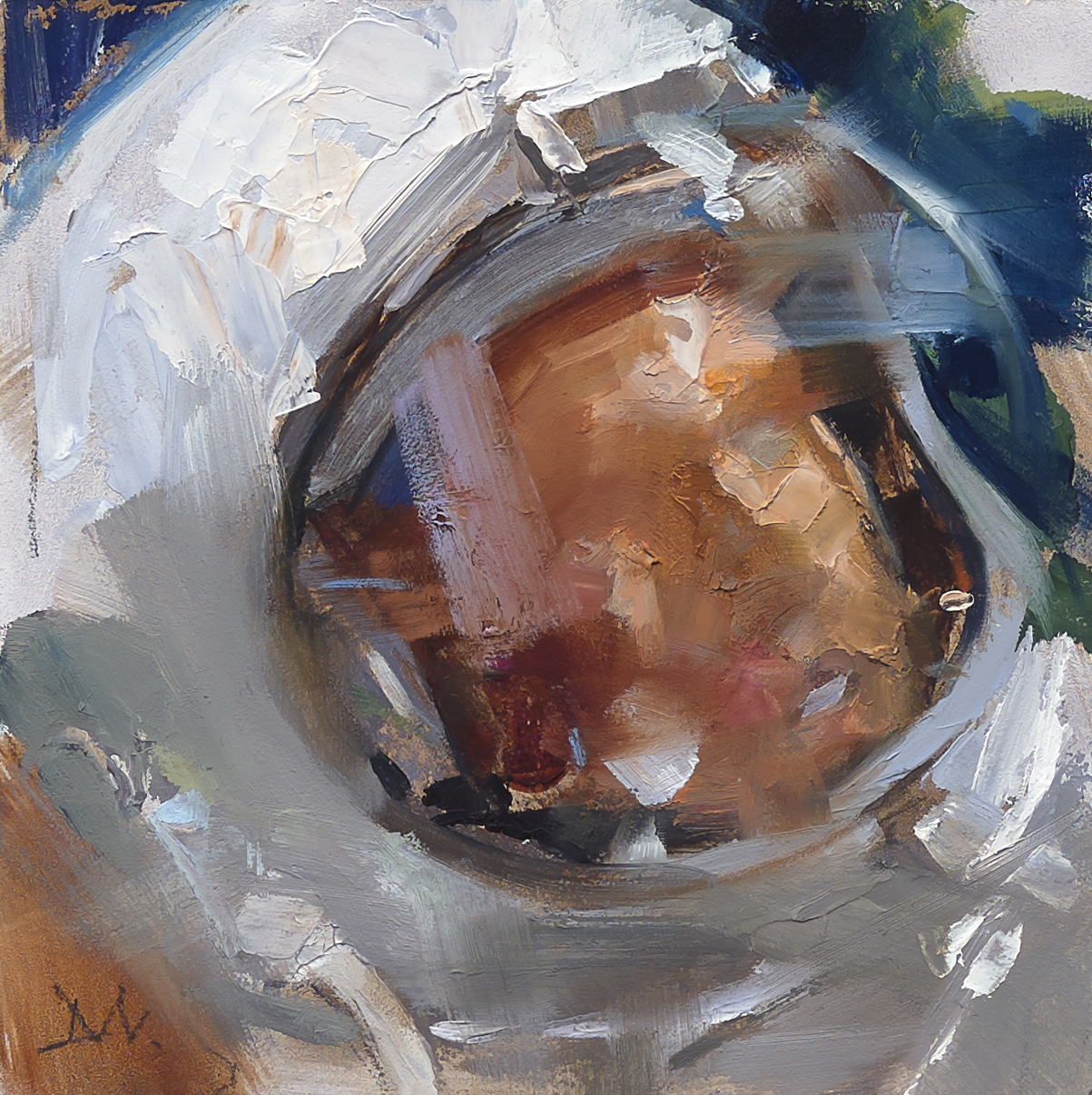



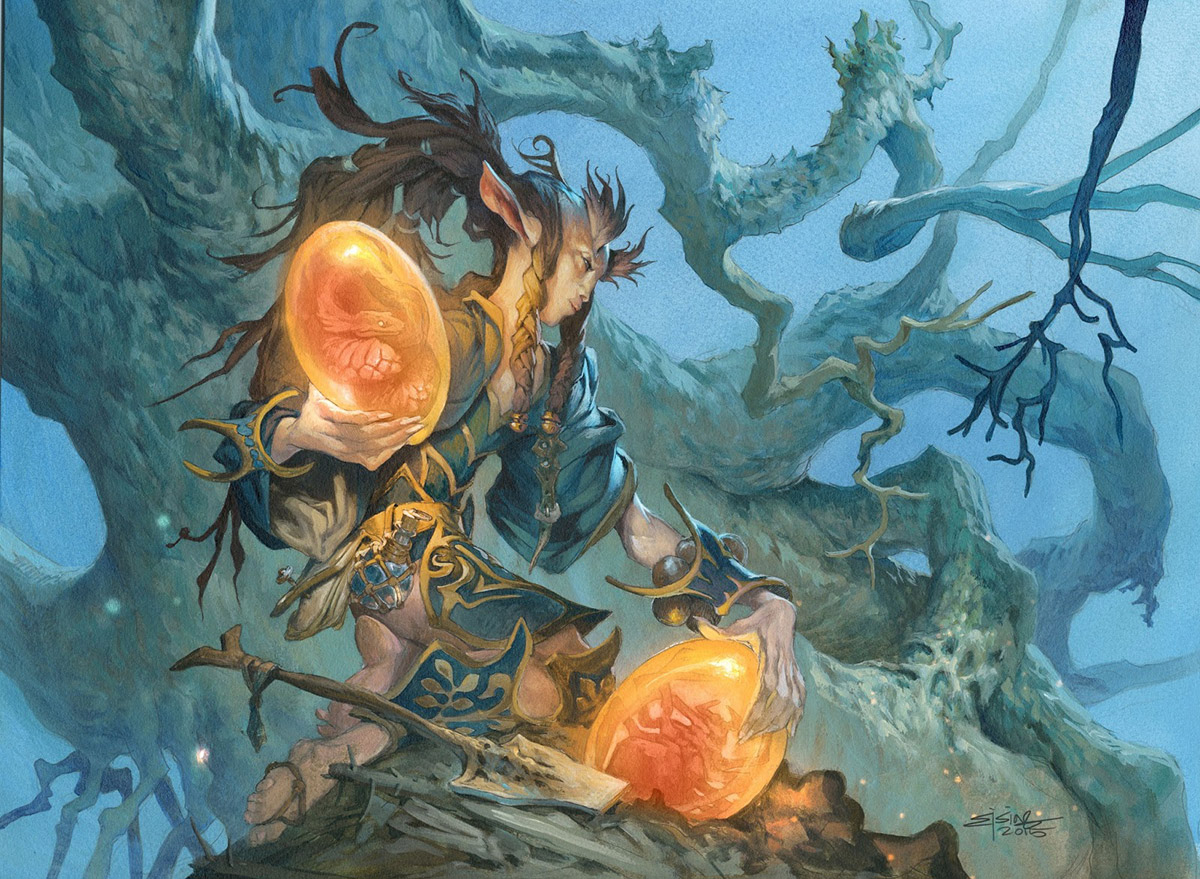

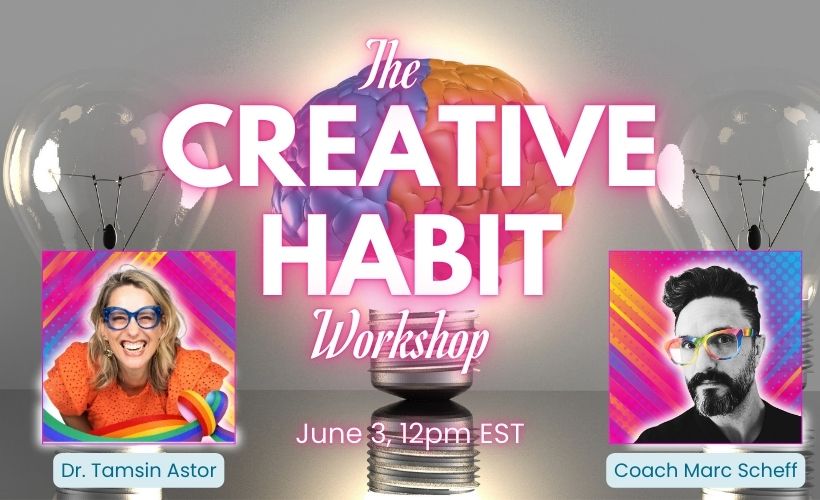
These painting sketches are just too good! how long did it take for each one?
Thanks, AJ….all of them take about 1 to 1 1/2 hours. Sometimes, I left them sit for a couple days and then put in a couple of tweaks.
This post gave me chills!! One giant leap!
Thanks, Melissa! It was a chilling thought when I first read about the landing. Holy crud, they were right on the edge and I don’t think that most people know about that risk. Armstrong had been quite tight-lipped about it until several years before his death, 60 minutes did an interview where he expresses his thoughts. CBS Morning Show did a special piece about the whole adventure as recently as last weekend, I think.
Great post Greg!! I always love to her people’s personal connection to certain milestones of history.
I love these paintings Greg. They display power and beauty.
Those illustrations sure capture the sense of adventure!!
Even tho the actual event was before my time, thank you!
Thanks Beth, Gyula, and Ping! They were incredibly fun to paint!
I am really enjoying reading your well-written articles. Thanks for sharing this.